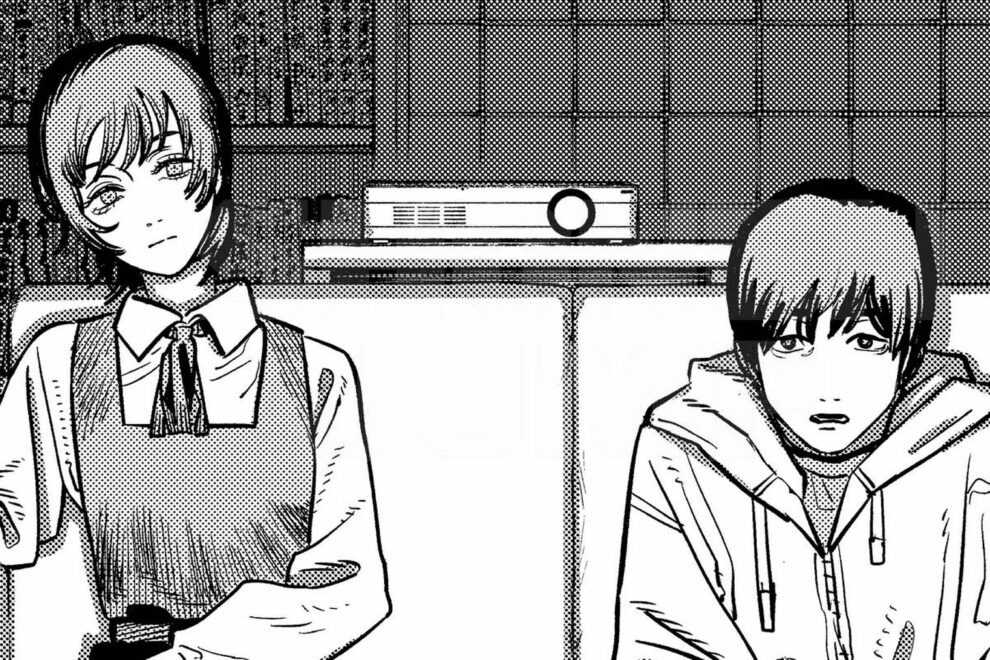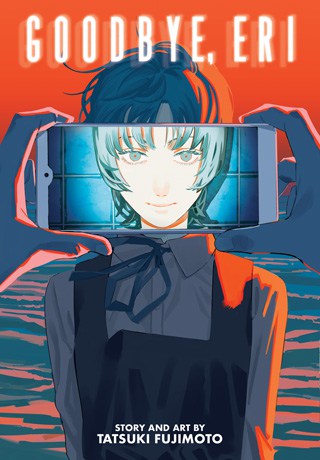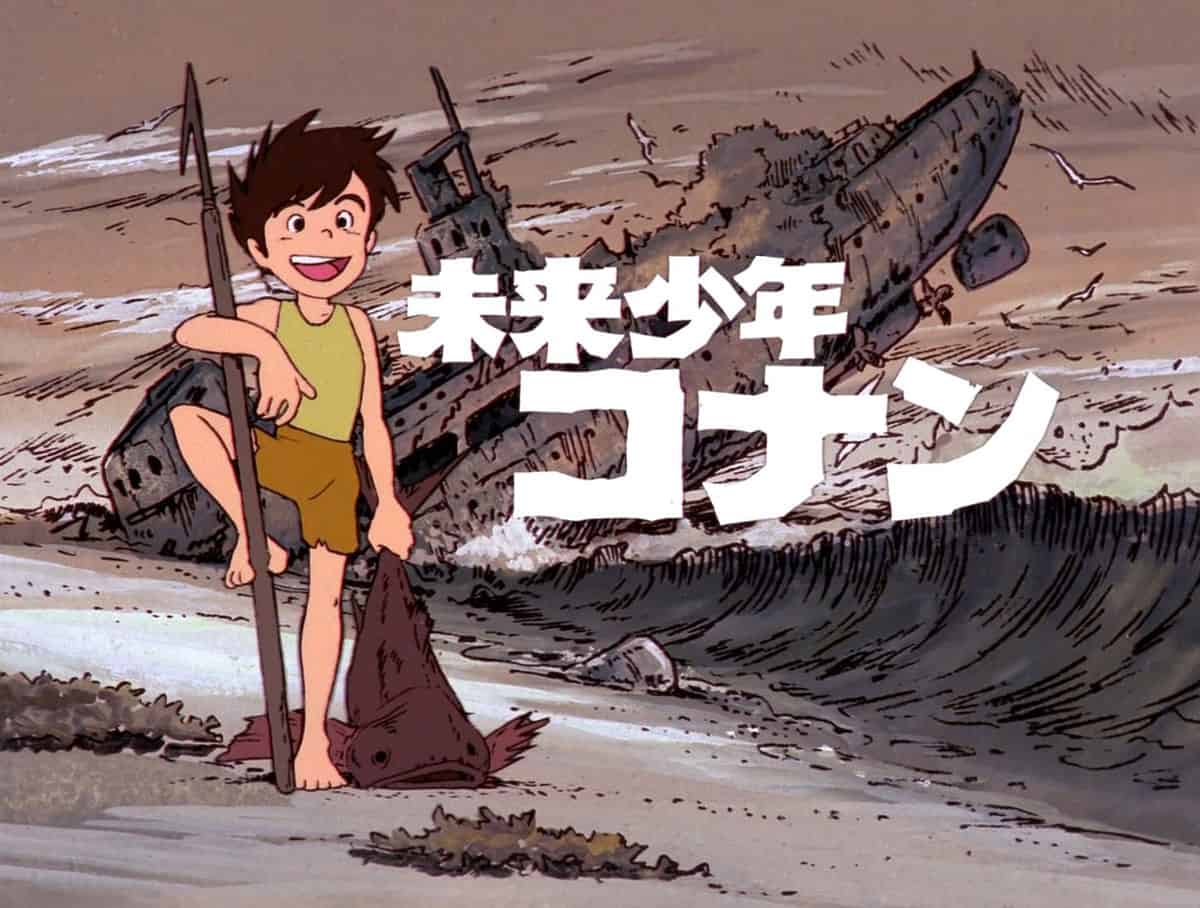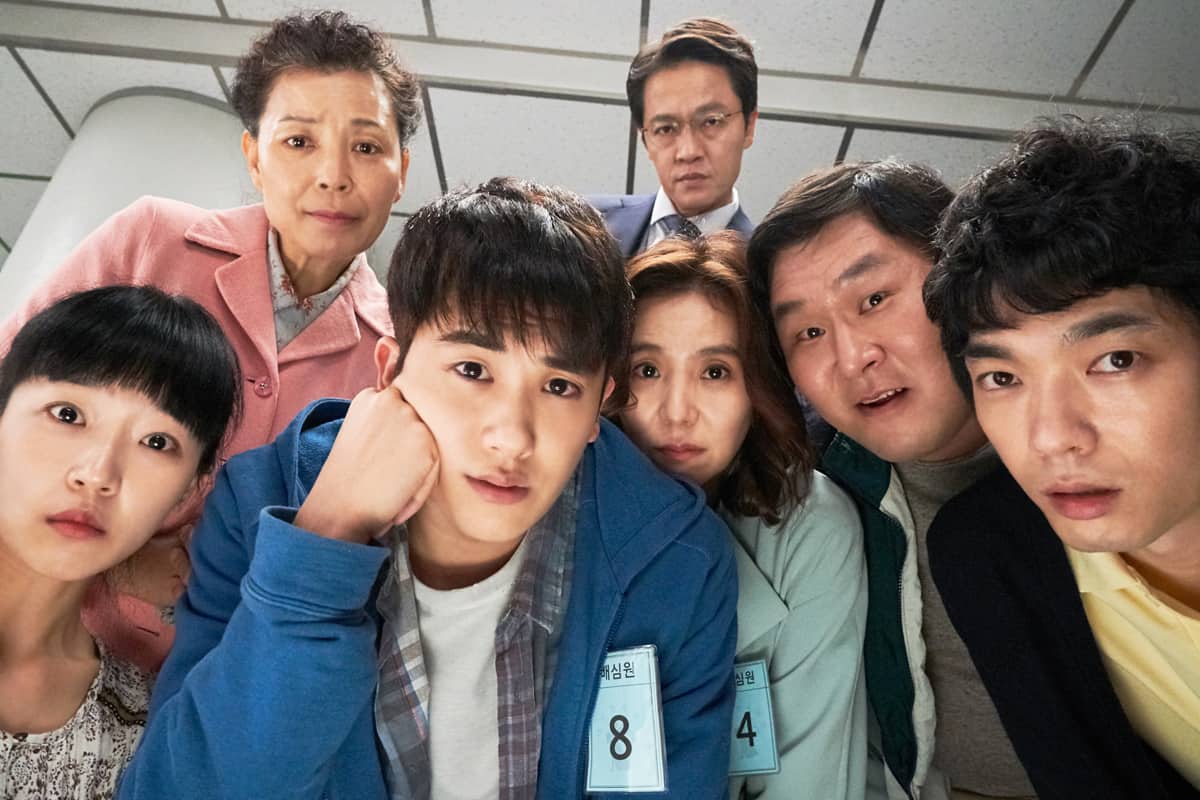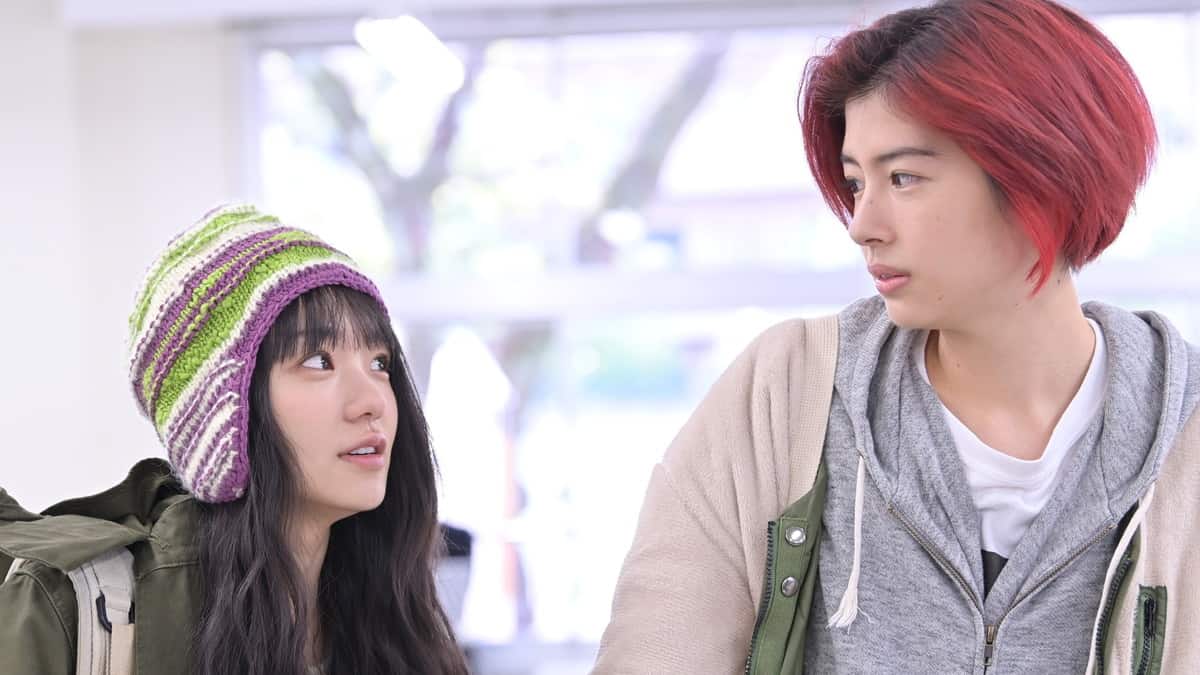“Yuta's moviemaking career started with a request from his mother to record her final moments. After her death, Yuta meets a mysterious girl named Eri, who takes his life in new directions. The two begin creating a movie together, but Eri is harboring an explosive secret.” (Viz Media)
Tatsuki Fujimoto's love of cinema has become apparent in his work, including the recent “Chainsaw Man” intro paying homage to a multitude of cult titles, and “Goodbye, Eri” is an undeniable love letter to the medium. Notably, the series understands the profundity of capturing a life in film, and how it can craft our memories of shared experiences. Furthermore, “Goodbye Eri” playfully captures the eccentricities of young filmmakers that often end up becoming discussion points among cinephiles after the director has found reverence for their filmography. The manga is so pronounced in exploring visuals and narrative through the lens of a filmmaker that it even offers speculation as to whether Fujimoto could have made as big an impact on the medium if he had not settled on manga.
Notably, there is a heavy emphasis on the natural expression of emotions, and it proves wondrous to see how Fujimoto translates a cinematic view of the world into a manga. The concept and execution behind “Goodbye, Eri” would, undeniably, fail under a lesser creator who does not have a deep understanding of film and the nuances that go into crafting an astounding visual presentation in the medium. A prime example that comes via considered pacing, with plenty of panels devoid of dialogue and expressing simple actions, capturing the natural flow of movement. Add in Fujimoto's strong comedic wit to interject humor to keep the tone from being too dour, and the project is an impressive feat that could easily translate into a film almost shot for shot.
Check also this article
However, despite everything “Goodbye, Eri” does exceptionally well, is unlikely to be universally well received, which will rest entirely on how the readers react to the conclusion. On one hand, the ending is a playful poke at what came before it and shucks the (as the manga itself puts it) the ‘dime a dozen' trappings of a tragic teenage romance. Alternatively, it can be viewed as a crude mockery of the sentimentality it brilliantly built up before the sharp shift in tone.
Personally, while I realize the appeal of Tatsuki Fujimoto's willingness to take his stories in an odd direction, I lean into the latter sentiment and believe the conclusion does a disservice to what came before it. However, I would simultaneously not fault anyone who appreciates the absurd twist the tragedy sees as an extension of what makes Fujimoto such a beloved mangaka. The reader is best served to go in blind and draw their own conclusions, as even if the ending disappoints, the moments leading up to it are, undeniably, sublime.
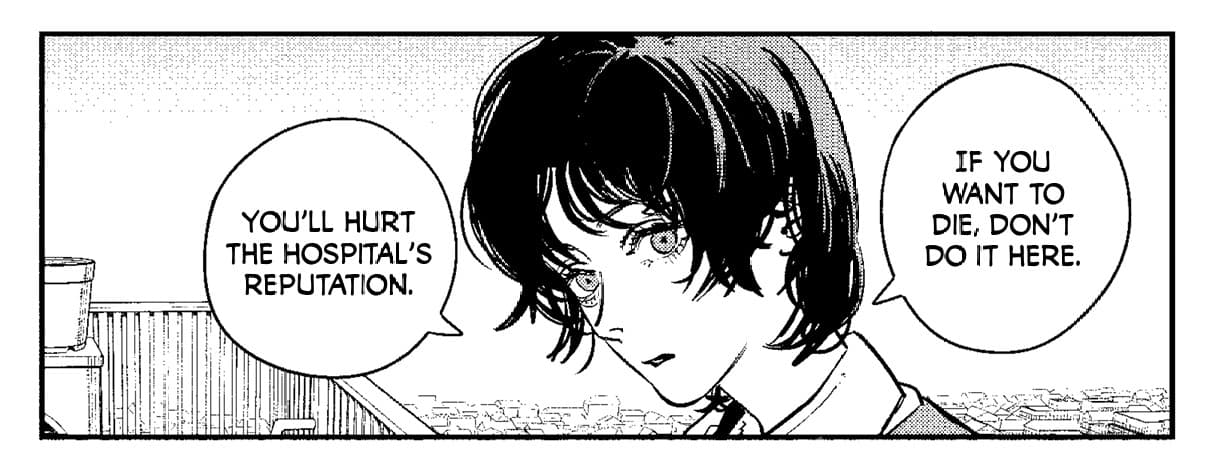
As an artist, Tatsuki Fujimoto excels in action-heavy art, where he can openly embrace chaos and play around with it. For dramatic series, his work is less well suited. While by no means lacking, comparing this kind of content to other emotionally infused pieces by mangakas who essentially stick to the genre of crafting tragic tales of youth, the work just becomes serviceable. However, there is a degree of experimentation that works beautifully in this series when Fujimoto captures the blur of motion that you would see in home movies, which plays a large part in constructing the narrative. There is beauty to be found in the visuals, it is just sporadic.
My experience with “Goodbye, Eri” was slightly frustrating, having gone from utter admiration and an emotional outpouring to feeling dejected and frustrated. While part of me appreciates how Fujimoto is able to play on tropes to craft a unique experience, it is difficult to fully embrace the approach when there is a stopping point I would have been more content without. Regardless, Tatsuki Fujimoto proves he is an immense and diverse talent, and fans should certainly experience “Goodbye Eri” for themselves while cinema fans should consider indulging in this one even if they are not huge fans of manga.


